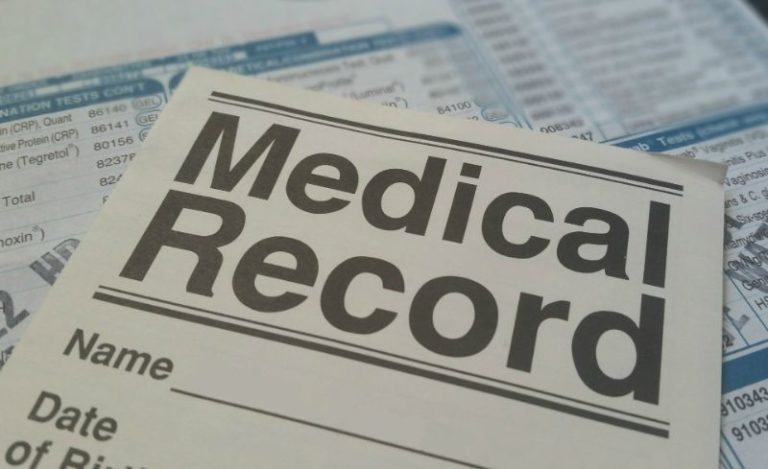Medical Records to Support Your VA Disability Claim

CCK Law: Our Vital Role in Veterans Law
Medical evidence can be one of the most important aspects of your VA claim for disability benefits. It is important to know how to obtain your medical records independently and with VA’s help.
Types of Medical Records
Medical records can be important pieces of evidence to a veteran’s claim showing that they have a current, diagnosed condition to prove (1) service connection, or (2) that their condition has worsened over time. There are several different types of medical evidence a veteran can use to support their VA claim, including the following:
In-Service Medical Records
These records include enlistment and separation examinations, as well as any hospital stays or sick calls during service. Having in-service medical records can help veterans establish that a certain condition, or symptoms of a condition, began during service. Veterans can request these records themselves and submit to VA, or veterans can request that VA obtain them if VA hasn’t already.
Private Medical Records
To obtain these records, veterans can typically request them directly from their private healthcare provider. Importantly, private healthcare providers may charge a fee for fulfilling records requests. VA will not pay any fees in order to acquire medical records.
Private medical records are important because they can provide insight to the onset and progression of the veteran’s condition. Furthermore, VA might not have this information otherwise since the treatment took place outside of VA’s healthcare system. Therefore, private medical records can provide additional information that is pertinent to the veteran’s claim.
VA Medical Records
VA can obtain these records directly from the VA medical center(s) where the veteran receives treatment. If a veteran wants to obtain these records themselves, they can request them directly from the VA Medical Center by submitting VA Form 10-5345a, Individuals’ Request for a Copy of Their Own Health Information. VA medical records can also be accessed through an online portal called My HealtheVet. VA should always look at a veteran’s medical records within its system when making a decision on their claim. As such, it may be beneficial to highlight any important findings or treatment notes.
Compensation and Pension Examinations
In many cases, VA will schedule a veteran for a Compensation and Pension (C&P exam) to assess the merits of service connection or an increased rating for the veteran’s condition. If favorable, these examinations can be useful in substantiating a claim. On the other hand, if the C&P exam is unfavorable, veterans have the right to submit additional argument and evidence to rebut the examiner’s findings. Therefore, it is important for veterans to request copies of their exams from their local regional office.
Medical Opinions
Veterans can also request a medical opinion from their treating doctor to help substantiate their claims. Medical opinions can come in handy if the veteran had an unfavorable C&P exam and wants to argue against the examiner’s findings, as mentioned above.
VA’s Duty to Assist: Legacy vs. AMA
The duty to assist requires VA to gather information that may help support the veteran’s claim, such as service personnel records, service medical records, and VA medical records.
Appeals Modernization Act (AMA) System
VA is required to assist in the development of a claim for disability compensation. Specifically, VA must assist the veteran by seeking evidence to substantiate their claim. Under the Appeals Modernization Act (AMA), VA’s duty to assist is limited insofar as it is only required when a veteran files an initial claim for benefits, and when a veteran files a supplemental claim with new and relevant evidence. The duty to assist no longer applies to the Board, meaning the Board is no longer obligated to remand appeals for the purpose of developing additional evidence for the claim.
However, if the Board finds that the Regional Office made a duty to assist error, it can remand the case and instruct the Regional Office to fix that error. Importantly, the only evidence that can be looked at for duty to assist errors under AMA must already be in the veteran’s file prior to the initial decision. It is important for veterans to be aware of these distinctions in VA’s duty to assist so that they know to obtain medical records and other forms of evidence on their own.
Importance of Medical Records in Substantiating VA Claims
Overall, medical records are very helpful when it comes to substantiating your claims for VA disability benefits. Medical records can help provide an overview of both the presence and severity of the condition being claimed. Additionally, medical records are helpful in cases of increased rating claims as they can demonstrate how a condition has worsened over time.
About the Author
Share this Post
